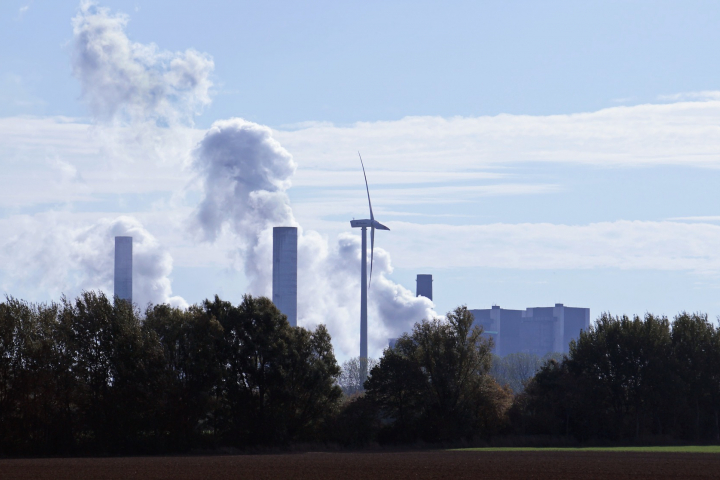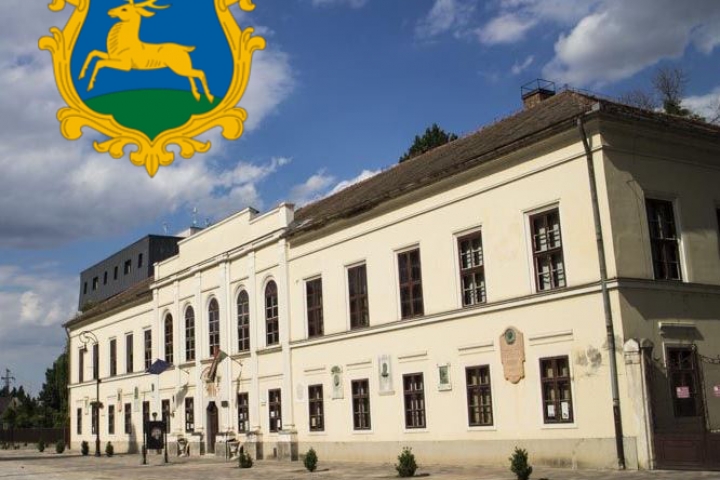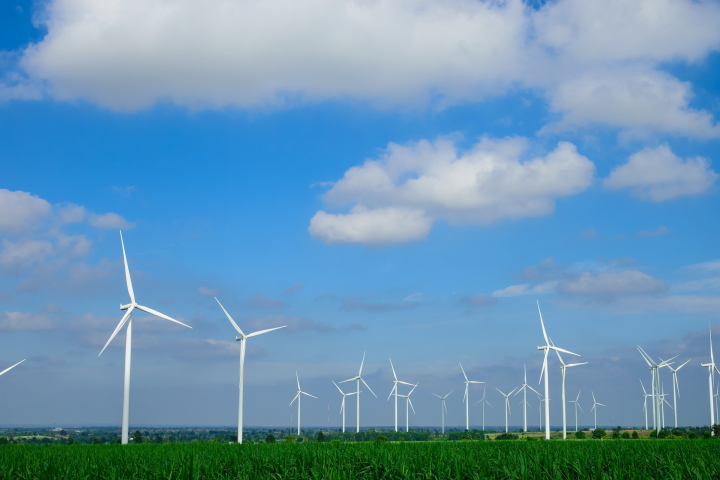The fading dominance of coal in Hungary and globally
According to the International Energy Agency, the level of global coal consumption reaches an all-time high in 2024 - while the same year is quite certain to be the warmest year ever on record.
While climate targets remain unattainable without carbon removal, global coal consumption has doubled in the past three decades - with China as the 'coal superpower', consuming 30 percent more coal than the rest of the world combined over the past quarter century. On the bright side, this period has also seen a significant expansion of renewable energy capacity, which now threatens the century-long coal dominance in electricity generation.
Meanwhile, the Mátra Power Plant is still in operation in Hungary - but to what reason: according to a report based on data by entsoe.eu, in 2024 the Mátra Power Plant will have produced less than 5% of the country's electricity consumption. Meanwhile, the emission factor of lignite-based power generation (1292 g CO2eq/kWh) was five times higher than the national average for 2024 (243 g CO2eq/kWh).
Initially, the Mátra Power Plant's lignite-powered units were scheduled to be shut down this year (2025). This would not only have got rid of a low-efficiency, expensive and highly emitting unit, but with the help of the Just Transition Fund resources (around 250 million EUR) available for Hungary, the counties concerned (Heves and Borsod-Abaúj-Zemplén), and for other reasons Baranya) could take a significant step towards building a green economy. Although the government's decision of 2023 (Decision No 1500/2023 (16.11.XI)) to keep the lignite blocks in operation has raised many questions over the domestic use of these funds.
The 22-month technical assistance project aimed at strengthening Hungary’s capacity to implement the Just Transition Fund (JTF) has been successfully completed. It was carried out in the Just Transition regions of Baranya, Borsod-Abaúj-Zemplén (BAZ), and Heves. This project was designed to prepare the public administration, various transition stakeholders, SMEs, and local communities for a smooth and inclusive transition to climate neutrality.
Project highlights:
-
11 Comprehensive Deliverables: Tackling critical areas from worker re/upskilling and green diversification for local SMEs to air pollution and energy poverty assessments.
-
Main focus areas:
-
Training and employment support: in-depth analysis of workforce needs and tailored re-training and re-skilling opportunities to support workers that could be negatively affected by the transition
-
Green diversification for SMEs: including identification of climate-friendly technology options to support businesses in carbon-intensive sectors and their supply chains
-
Mining land recultivation: tailored guidance on the restoration and productive use of former mining lands for the municipalities
-
Air pollution and energy poverty: assessment of local exposure to air pollution and energy poverty
-
Policy recommendations, funding allocation and stakeholder engagement: targeted recommendations for the design of JTF Calls for Proposals and establishment of the JTF Baranya Stakeholder Committee
-
Energiaklub had a specific role in providing support for municipalities in Mining land recultivation in Heves and BAZ and stakeholder assessment in Baranya County. We elaborated recommendations for the design of JTF call for proposals for the creation of an advisory network related to the call for proposals "To support clean household energy production and use" – also framed by the project team.
The project’s deliverables will empower Hungarian authorities to allocate over €250 million in JTF funds effectively, ensuring meaningful support for local economies and vulnerable communities as they transition towards climate neutrality.
This project was funded by the European Union via the Technical Support Instrument, managed by DG REFORM, and was implemented by a consortium led by Trinomics, including Energiaklub, REKK, and the Universities of Pécs and the University Miskolc.






